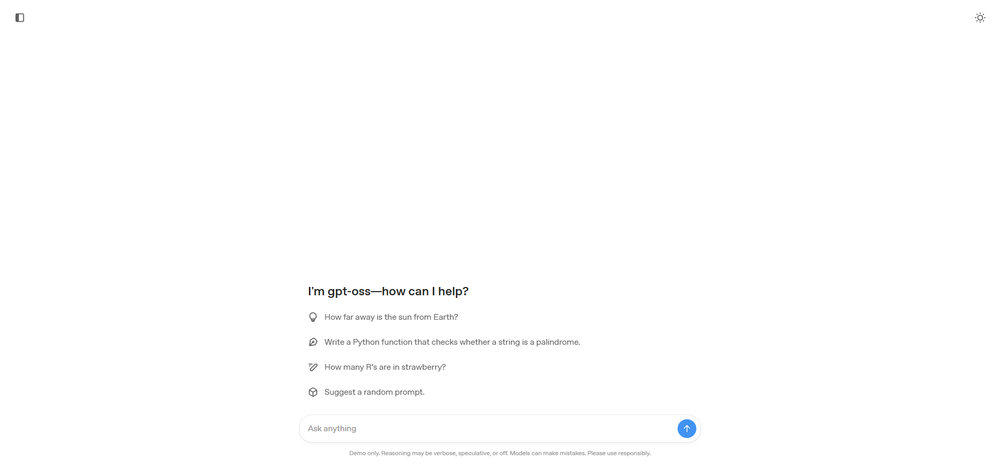OLMo 2 is a new open language model developed by the Allen Institute for Artificial Intelligence (AI2), designed to promote transparency and accessibility in AI research.
Model Versions
- OLMo 1B: Features 1 billion parameters and is trained on 3 trillion tokens.
- OLMo 7B: Features 7 billion parameters and is trained on 2.5 trillion tokens.
- OLMo 13B: Features 13 billion parameters and is trained on 5 trillion tokens.
Features
1. Openness and Transparency
OLMo is entirely open-source, with all model codes, weights, training data, and evaluation tools available to the public. This level of transparency encourages collaboration and innovation among researchers and allows users to deeply understand the model’s architecture and training process, advancing scientific research.
2. Diverse Training Data
The model is trained on the Dolma dataset, which includes 3 trillion tokens from a variety of sources such as web content, academic publications, code, and books. This diversity improves the model's ability to generalize and perform well across different tasks.
3. High-Performance Architecture
OLMo uses a decoder-only architecture trained through next-token prediction. This design delivers exceptional performance in text generation and contextual understanding, making it adept at handling complex language tasks.
4. Adaptability and Flexibility
The model's open-source nature allows developers to customize and optimize it for specific use cases. This flexibility makes OLMo an ideal choice for organizations and researchers exploring alternative AI applications.
5. Ethical and Educational Considerations
AI2 has placed a strong emphasis on ethics and social impact in OLMo’s development by establishing an ethics review board. This ensures that societal responsibilities are taken into account throughout the model's creation and deployment, fostering the responsible development of language models.
6. Broad Application Potential
OLMo is highly versatile, supporting applications such as text generation, question answering, conversational AI, and other natural language understanding tasks. Its openness and strong performance make it valuable across fields like education, healthcare, and creative industries.
Applications
Machine Translation
OLMo delivers high-quality translations across multiple languages, providing a valuable tool for global communication and cross-linguistic collaboration.
Text Summarization
The model can generate concise summaries of lengthy texts, allowing users to quickly grasp key information. This is particularly useful for processing news articles, research reports, and long documents.
Sentiment Analysis
OLMo can assess the emotional tone of a text, identifying positive or negative sentiments in reviews or social media posts. This capability is highly beneficial for brand management and market analysis.
Question-Answering Systems
OLMo is ideal for building intelligent question-answering systems that can understand user queries and provide accurate responses, making it suitable for customer service, education, and information retrieval.
Conversational Systems
The model can be used to develop conversational agents that enable natural and seamless human-computer interactions. It is widely applicable in chatbots, virtual assistants, and online customer support.
Educational Applications
OLMo can power intelligent tutoring systems that deliver personalized learning content based on student progress, helping learners effectively acquire knowledge.
Content Generation
The model can create high-quality written content for creative projects, advertising, and social media, providing robust support for content creators.
Data Analysis and Report Generation
OLMo can analyze large volumes of text data and generate automated reports, offering insights and decision-making support for businesses and research institutions.
OLMo (Open Language Model), launched by the Allen Institute for Artificial Intelligence (AI2), represents a fully open-source language model ecosystem aimed at driving advancements in AI research and applications.




